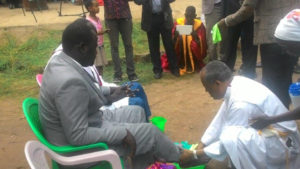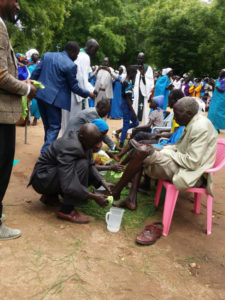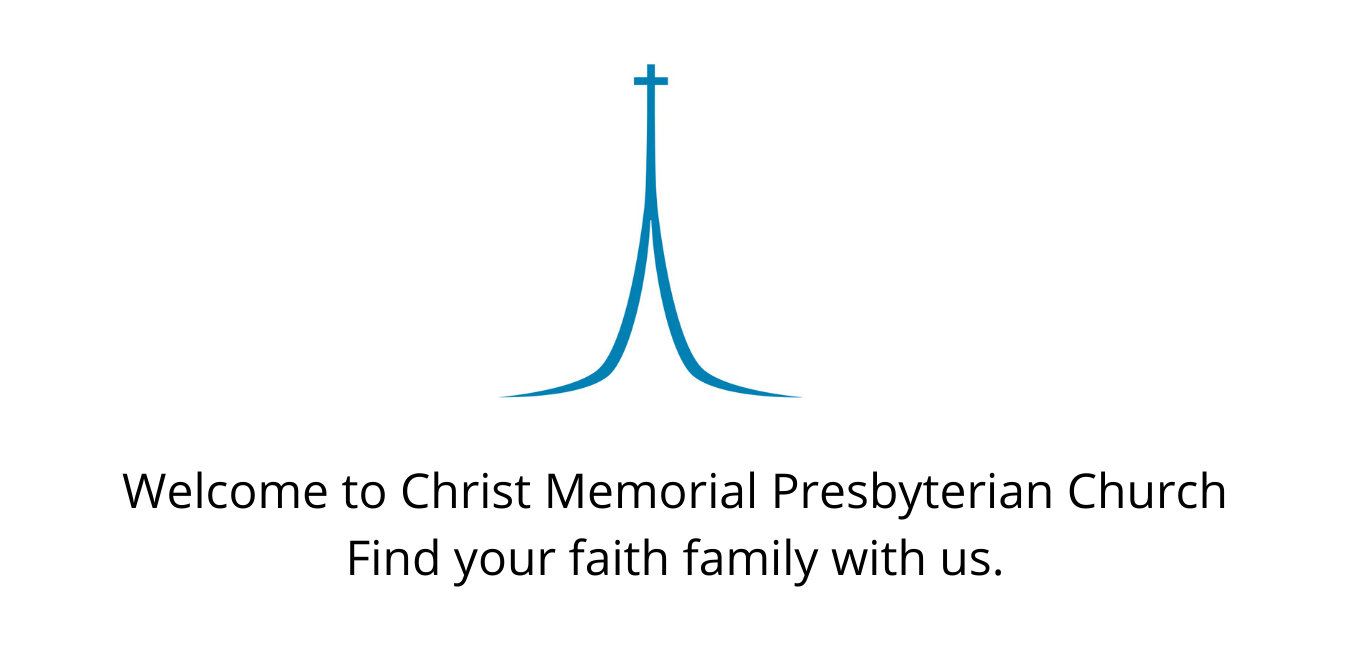If you ever hear news from Ethiopia, Sudan, or South Sudan – countries where Michael and I live and work – it is probably something about war, kidnapping, shooting, arguing, and generally hateful stuff. A lot of that goes on; it is true.
A year ago, Michael and I left Ethiopia to return to the US in order to promote the story of what God is doing where we work. As we prepared, it felt like the story was going to be an empty, ridiculous story full of violence and hatred between political leaders and the people supporting them and even between church leaders and their supporters. In South Sudan, the world’s newest country, thousands of people have been killed and hundreds of thousands displaced as country leaders argued about who was going to be in charge and what it means to be in charge. In Sudan, under a particular pressure, church leaders argue over management issues leading to divisions and confusion among believers of Jesus Christ. The Gambella Region of Ethiopia, where we live and I work, is one of the places where displaced South Sudanese are finding refuge. The influx of desperate people stressed the local population and fueled ancient ethnic/tribal rivalries. Anywaa and Nuer killed and threatened to kill each other; a couple of refugee children were hit and killed by a car of an aid organization carrying and driven by Highland Ethiopians sparking violence and killing between Nuer and Highlanders. The Anywaa church leaders have been arguing for several years about leadership roles and spending trends, stalling out progress of community development plans and discipleship programs. Frankly, we came to the US discouraged.
Eventually, though, change happens. Our brothers and sisters in the Horn of Africa are praying people. One morning in a village in Ethiopia, I was wakened before the sun was up to the buzzing sound of women all around me praying quietly, inviting God to stir slumbering souls during the spiritual conference we were leading. Zewdi, who keeps the Addis Ababa guesthouse tidy, fasts every Thursday; at lunch time you will find her in an empty room on her knees. Every church meeting, whether it is with two people or two thousand, starts and ends with a conversation with God. I have previously written about the weekly time of prayer and fasting I attended at one church in Gambella. Our colleagues in Ethiopia, Sudan, and South Sudan have been earnestly praying that God would resolve the differences and dissolve the hate.
You may have heard the story of Rev. Peter Gai Lual, the Moderator (that is: head) of the Presbyterian Church of South Sudan, a multi-cultural denomination. At the beginning of the violent civil war more than two years ago, while the town of Malakal was changing hands between the mostly Dinka government forces and the mostly Nuer rebel forces, Rev. Peter, a Nuer man himself, donned his clerical robe, stole, collar, and cross and stood at the gate of the walled compound where nearly 5000 people found refuge. Declaring, “Inside these walls there are no enemies,” he welcomed Nuer, Dinka, Shiluk, Anywaa, and Murle people to stay or to visit, insisting all guns be left outside to be guarded by the church leaders who stood with him. It didn’t matter if they were government or rebel supporters, they were welcome inside the grounds of the church compound to comfort and encourage each other. Later, with rumors swirling that he had become a traitor to his own people, he sat with his accusers and, for ten hours in 100-degree heat refusing anything to eat or drink, he proclaimed that he was the elected moderator of the Presbyterian Church of South Sudan which includes Dinka, Shiluk, Anywaa, Murle, and Nuer and that he would always welcome each member, no matter what their ethnicity, to live and work peacefully side by side. This was one of the first steps in working towards what seems to be elusive peace in the new country.
Gambella gained national attention by the various violent actions in that area. The government provided federal troops to gain and maintain order. The Ethiopian Evangelical Church Mekane Yesus organized a meeting of its members and all who would come to proclaim peace between the Anywaa and Nuer and between Nuer and Highlander. As the church members of the Anwyaa community were anticipating the
arrival of national leaders, they called for a meeting of peace and reconciliation between their own leaders and those who had grievances with others. Okello Oluch, the president of the East Gambella Bethel Synod (Anywaa mostly), reported that after a morning program of fasting and praying and hearing a message on forgiveness and peace, people humbly bowed down and confessed their sin. In the afternoon they were joined by the West Gambella Bethel Synod (mostly Nuer). To confirm the attitude of reconciliation a foot-washing ceremony was performed. The denomination president, Rev Wakseyoum washed the feet of the two synod presidents (from synods representing mostly Anywaa and mostly Nuer people), they, in turn, washed his feet. Eight representatives from each group were selected to represent men, women, young people and children – the whole church – washed each other’s feet. The joy was uncontainable as the people danced and sang their way to the center of town to proclaim to all that they had forgiven and been forgiven!
At this year’s Ethiopia Mission Network held in April in Lincoln Nebraska, we discussed ways to strengthen partnerships for the Gospel. Former EECMY president and friend of ours, Rev. Itaffa Gobina, offered his wise council. “When we come together as Christians, we need to experience what it means to be Christians on the same level. … God has brought us together to walk along the path in ministry together. We have to jump together with the joy of the Gospel!”
